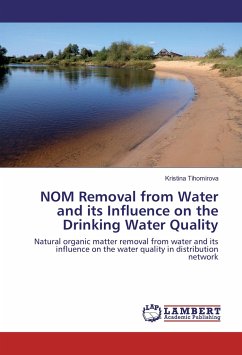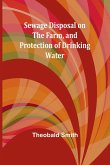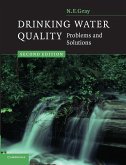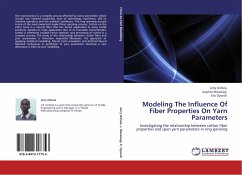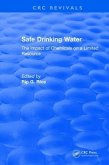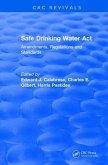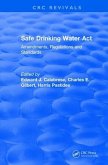Due to relatively cold climate and an abundance of soils rich in organic carbon, the concentration of natural organic matter (NOM) in raw water of Boreal region is high and its removal during conventional water treatment is complicated. This thesis show possibility to determine the NOM removal efficacy during humic rich raw water treatment using inexpensive chemical methods, which allow detection of specific organic compounds removal efficiency during each water treatment stage. During monitoring of the water treatment process the correction necessary to optimize the coagulation process of humic rich water was determined. In this research the degradation rate of biodegradable dissolved organic carbon in different type of water produced from humic rich raw waters was determined and factors affecting biodegradation rate were evaluated. Results indicate that NOM significantly affects water quality in water distribution network, where the NOM accumulation in loose deposits of water supply system and biological degradation processes as a result of inefficient operation of biological filter takes place.
Hinweis: Dieser Artikel kann nur an eine deutsche Lieferadresse ausgeliefert werden.
Hinweis: Dieser Artikel kann nur an eine deutsche Lieferadresse ausgeliefert werden.

